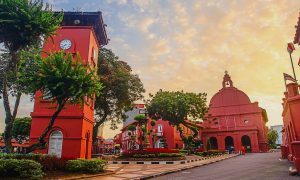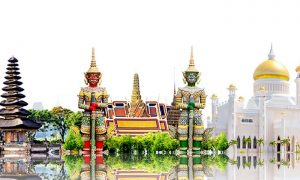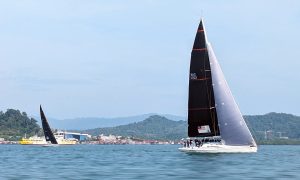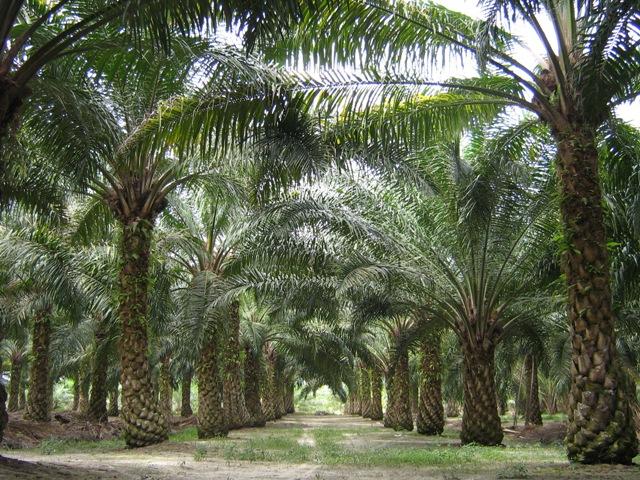
As one of the world’s 17 megadiverse countries, Malaysia benefits from a tremendous array of natural resources and animal species. To be good stewards, we must find ways not only coexist with these animals and their habitats, but ensure sustainable practices while meeting human needs. Editor Chad Merchant looks an one industry’s focused effords to do just that.
The dictionary defines biodiversity as the variety of plant and animal species within a given environment or geographic area. Malaysia’s remarkable biodiversity is truly one of the country’s greatest assets. From the magnificent hornbills in the treetops and skies to the giant whale sharks plying Malaysia’s waters and some of the most fascinating land animals in Southeast Asia including orangutan, pygmy elephant, and Asian elephant, this lush tropical country is home to innumerable creatures.
It is, of course, also home to some 29 million humans, and where animals and humans coexist, and at times compete for limited resources, conflict is inevitable. To be certain, animal-human conflict is nothing new, and animals are routinely killed when they encroach into human territory, endanger people, or cause financial loss. Indeed, there have been instances of such conflict in areas where oil palm plantations share boundaries with Sabah’s permanent forest reserves. However, the palm oil industry has actually taken impressive steps to mitigate these conflicts and to work towards a solution of sustainability, emphasising conservation and education as part of the strategy.
Preservation Of Habitats
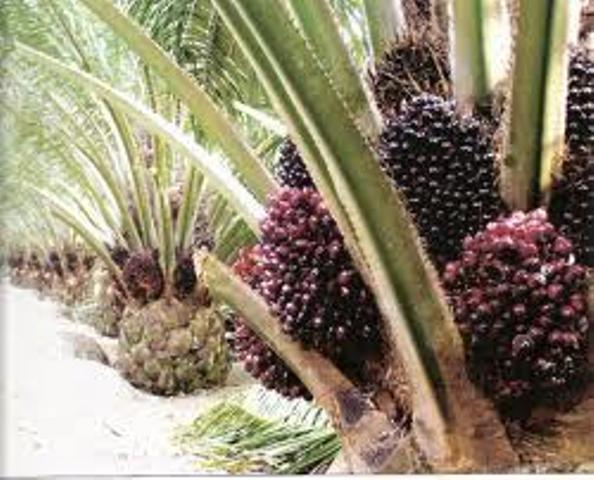
Regardless of the crop, managing and mitigating wildlife encroachment is a serious concern. The Malaysian Palm Oil Council (MPOC), in its role to both protect and promote Malaysia’s burgeoning palm oil industry, recognises the need to manage the ecological resources upon which their industry depends, which includes conservation and animal-human conflict mitigation. In actual fact, the MPOC’s track record with regard to wild life and its habitat is surprisingly good. Many people assume that industry would trump nature and that a complete lack of concern for the environment would be the order of business. However, the MPOC has done much to counter that incorrect perception, and the facts simply do not support the accusations that oil palm plantations in Malaysia are rampantly destroying natural habitats. Quite the opposite, the industry is highly regulated from an environmental standpoint and is devoted to both conservation efforts and learning how to coexist with nature in a sustainable manner. This outlook is indicative of the nation’s environmental philosophy as a whole: Nearly two decades ago, Malaysia enacted a policy of preservation, making a conscious choice to preserve 50% of its land area as permanent forest. Today, that figure stands at 56%. In fact, much of the land used today for oil palm plantations in Malaysia – which is legally zoned as agricultural land anyway – was previously used to grow rubber and coconut trees.
Conservation Of Malaysia’s Wildlife
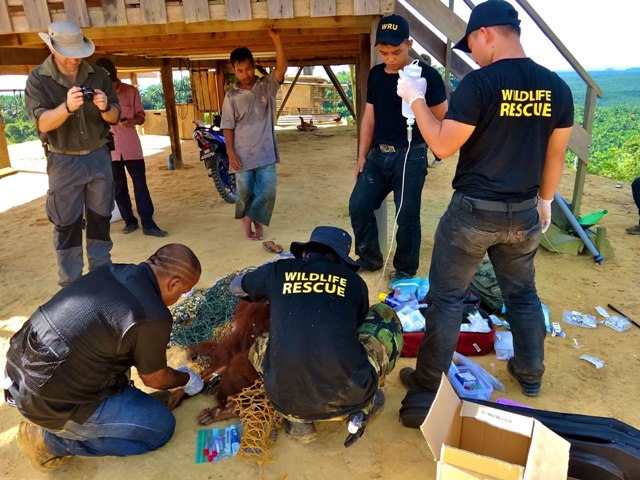
In 2006, the MPOC launched the Malaysian Palm Oil Wildlife Conservation Fund (MPOWCF) with a RM10 million initial funding from the palm oil industry. The MPOCWF commissions and carries out numerous studies and research projects, including:
Partnering with the Sabah Forestry Department to establish a jungle patrol unit, to safeguard wildlife and deter poaching. It also educates the local residents to live harmoniously and follow local laws aimed at deterring the poaching and killing of wildlife.
Partially funding activities at the Bukit Merah Orangutan Island, such as a programme that encourages orangutan awareness among school children and provides orangutan infant care.
In 2008, conducting an orangutan survey, in conjunction with the Borneo Conservation Trust and The Sabah Wildlife Department to assess the population and recommend solutions to increase the orangutan population.
Funding and co-organizing with Sabah Wildlife Department the 2009 and 2012 Orangutan Conservation Colloquium to discuss the current status of orangutan within oil palm landscapes, models for orangutan conservation, and focus on endangered species in Borneo.
Establishing the Wildlife Rescue Unit, in collaboration with the Sabah Wildlife Department and Shangri-La Rasa Ria Resort, to rescue, care for and translocate any wildlife whose existence may be compromised due to human-wildlife conflicts.
An ongoing major undertaking is the establishment of the Borneo Elephant Wildlife Sanctuary, a mammoth undertaking through MPOWCF that aims to look into the welfare of the pygmy elephant, a species unique to Sabah.
Additionally, the MPOC has funded and continues to fund wildlife conservation field research and activities, particularly those by the Sabah Wildlife Department, which directly benefits numerous animal species on Borneo, including the pygny elephant and the banteng (a wild cattle species). In 2011, the Malua Partnership Wildlife Conservation Agreement was established to create a conservation partnership between the public sector and the oil palm plantations, based on a common vision of nurturing a symbiotic relationship with the environment. The agreement was founded on key research outcomes from a study funded by the MPOWCF.
Malaysia recognizes the unique value of its biodiversity and the wildlife contained within its borders and has taken commendable steps in the areas of preservation, education, and conservation. As the principal voice for the country’s leading agricultural industry, the MPOC has taken an admirable lead on matters of sustainability and conservation, both in word and deed.
———————————————————————————————————
To learn more about the conservation efforts of the MPOC and the Malaysian government, please visit www.mpoc.org.my/upload/ MPOWCF-NEW-Brochure.pdf.
———————————————————————————————————
Source: Senses of Malaysia May-Jun 2013
What are your thoughts on this article? Let us know by commenting below.No registration needed.
"ExpatGo welcomes and encourages comments, input, and divergent opinions. However, we kindly request that you use suitable language in your comments, and refrain from any sort of personal attack, hate speech, or disparaging rhetoric. Comments not in line with this are subject to removal from the site. "




